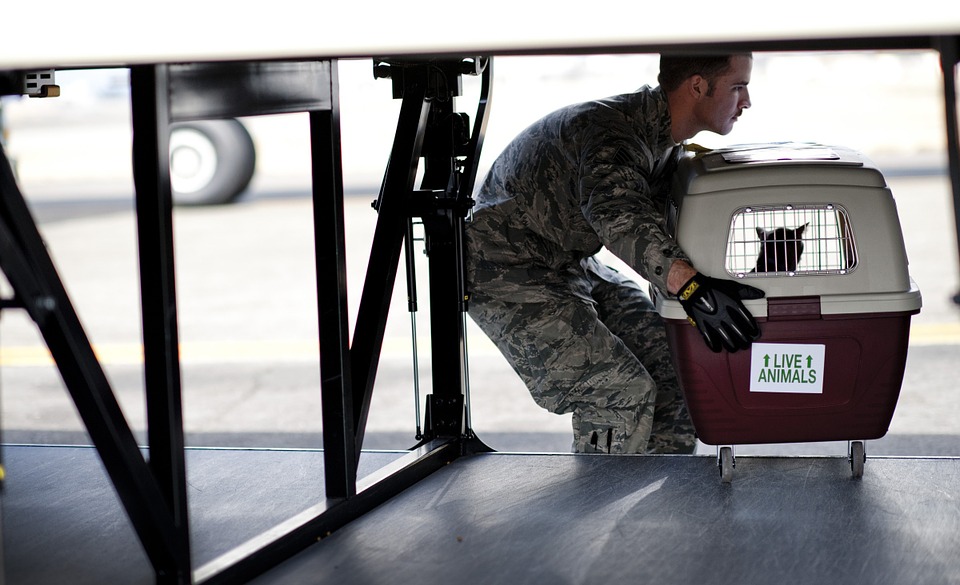Relocating to a new residence can pose extra safety concerns especially for people who own pets. There have been numerous horror stories on the Internet where people share unpleasant experiences they’ve had with various pet transport services. The good news is that most of these shortcomings can be eliminated by proper prior planning and by working with reputable pet transport firms. This guide provides readers will all the information necessary for both domestic and international pet transport services.
Work with reputable pet handlers
It is important that you do some background research on potential pet carriers to ensure you know what to expect from them in advance. The carrier’s website will provide insights on the full range of services offered by the pet transporter. If that’s not enough, you are at liberty to browse through hundreds of consumer reviews to single out the best pet handlers in your region.
Domestic vs international relocation
As its name suggests, domestic relocation entails movement within a country’s jurisdiction. Domestic pet transport can be carried out by both local and multinational firms and does not involve a lot of documentation. International pet transport entails moving pets from one country or state to another foreign jurisdiction. Crossing borders requires the transporters to comply with all the official requirements for both countries involved.
Documents required during international animal transport
Before your pets are shipped off, you will be required to submit a report from your veterinary officer detailing the state of health of the pets involved. Apart from disclosing the health condition of your animals, this report will also specify the age and breed of the pet in question. For pets such as dogs, you might be required to also submit a rabies vaccination certificate issued from a certified vet doctor.
Planning for your animal’s transportation
Planning is an exercise that should be performed by both the owner and the agent. Depending on the nature of the trip and the animals involved, owners can opt or either ground or air transport. Air transport, though more expensive, takes less time and is less stressful for your pets compared to ground transport.
For smaller pets such as cats and dogs, you should consider getting a kennel that is spacious to comfortably house your animal during transit. For large animals such as horses, your agent should be able to figure out a solution. You should ensure your animals have adequate food, water, and beddings for lengthy trips. Finally, it is always important to provide contact details of your preferred veterinary doctor in case your animals develop any complications while in transit.





